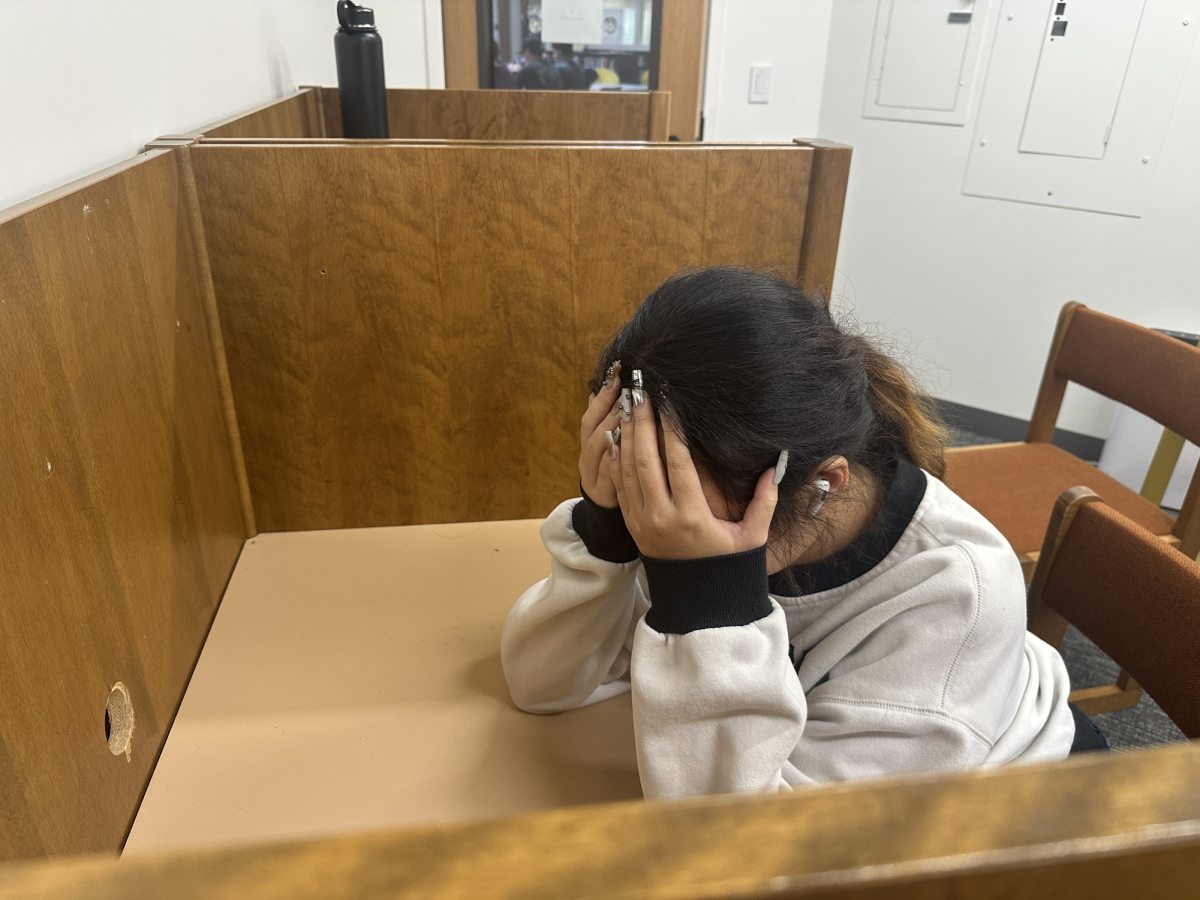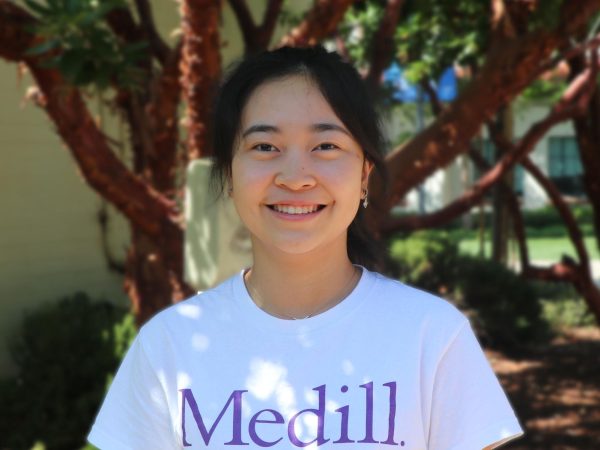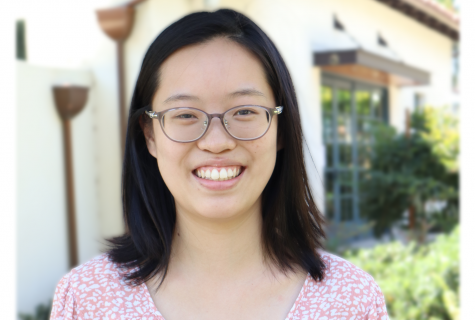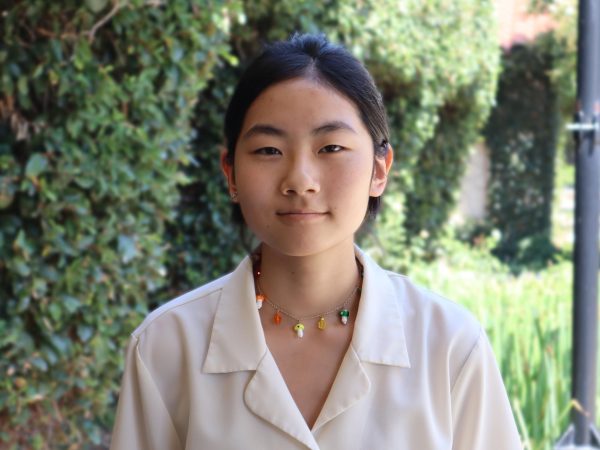Since the beginning of the pandemic, the Internet and various news sources have overwhelmed us with a myriad of information on the public health crisis. From them, each consumer of information has formulated their conception of COVID-19 and what it entails. Problematically, we also make our own shortcuts and use heuristics to process information, which often leads to COVID-19 myths becoming a public consensus.
Coupled with innate misinformation, many rumors persisted under the guise of science, ranging from drinking detergent to cope infection to even conspiracy theories dubbing vaccination politicized schemes.
In this article, we will debunk eight major COVID myths.
- Non-linked cases are more concerning than linked cases because it means there are multiple sources of COVID.
A widespread misconception around COVID cases in the Webb community is that non-linked cases pose a larger threat than linked cases. Many students feel apprehensive when they read in “COVID-19 community notice” emails that “we have a positive test among our student population unconnected to any recent cases.” This apprehension is understandable, as many might fear that consecutive cases stemming from unknown sources mean that the situation is getting out of control.
“If they are not linked, you can expect there to be more cases since there will be more possibility of close-contacts,” Kristie Ma said (‘24). “If you have a chain, you could trace the different contact points back to the main source and control it from there.”
Many students may think the same way.
However, this assumption is far from the truth. In fact, according to Ms. Barron, linked cases are worse than non-linked cases because it indicates a spread within the community. To its core, it means that students are getting COVID directly from other members on campus.
Community spread is more dangerous because it means that there is a possibility of an outbreak, where the school is responsible for all COVID transmissions. Thus, there is no need to panic when we see that the cases are not connected because the culprit was an outside source, which means that our community is still relatively safe.
2. The vaccine makes you completely immune to COVID.
COVID Vaccines are effective in preventing infections and serious illnesses, but they are not 100% effective. It is still possible for an individual to contract COVID despite being fully vaccinated, and the term for this “vaccine breakthrough infections”.
However, there is no need to panic because the vaccine can greatly lower the chance of getting severely sick. Nevertheless, we should keep in mind that vaccines are not the ultimate solution, and we need to remain vigilant. After all, an infected individual can still spread the virus to others and harm vulnerable groups in our community, such as those who are unvaccinated.
3. If we’re not required to wear masks outside, we shouldn’t have to wear it indoors.
According to the CDC, “COVID-19 spreads more easily indoors than outdoors.” Studies show that people are more likely to be exposed to COVID-19 when attending crowded, poorly ventilated indoor events, as opposed to outdoor activities. Thus, it is very important to remain masked indoors to keep our community safe.
4. I should avoid contact with unvaccinated people.
Discriminating against people based on their vaccination status is not the way to go either, considering that some people have medical conditions that make vaccination difficult. Moreover, from a medical standpoint, it is more dangerous for unvaccinated people to be in contact with others because the former is more vulnerable to getting infected and severely ill.
Sometimes, vaccinated individuals could have a breakthrough infection and only exhibit mild symptoms. As a result, they can easily transmit the virus to unvaccinated people. On the other hand, even if an unvaccinated person manages to miraculously infect a vaccinated person, the latter will most likely not get very sick. Thus, we should stop avoiding contact with unvaccinated people; instead, we can be more considerate and understanding as a community.
5. I should avoid contact with someone who has previously contracted COVID.
Again, the stigmatization of social groups under the pandemic is largely problematic and fosters nothing but further divisions. We should especially avoid stigmatizing COVID-19 patients, including those who have tested positive, are under quarantine, have recovered, or have been identified as a close contact. Although reinfection is possible, it is impossible for recovered people to spread COVID-19. COVID-19 patients are humans and need empathy and care from their communities to support them during a physically and emotionally challenging time. Therefore, we should lend our support instead of encouraging alienation and considering COVID-19 patients—current and recovered ones—as sources of disease.
6. If I am noticed as a close contact, I know for sure that I am safe if I test negative on the first day.
While a negative test result after the close contact notification can bring some relief, it does not mean that further testing and observations are not necessary. According to the CDC, it is possible to test negative early in the infection stage and test positive later during the illness. Therefore, daily testing and self-care are both important. CDC recommends that fully vaccinated close contacts test for the next five to seven days even if they do not have any symptoms, and unvaccinated close contacts should quarantine. At the same time, it is also important to remain masked.
7. I do not have to wear masks outdoors, even at large gatherings.
Although masking outdoors is not required, it is still necessary at large gatherings or in places where people are in close distance with each other. For example, concerts, sports stadiums, or assemblies are all places with crowds of people and a higher chance of infection, so masking during such occasions is never a bad idea.
8. I am a teenager, so I won’t contract COVID because of a better immune system.
It is absolutely a myth that teenagers cannot get COVID-19 or that they are less likely to contract the virus. In fact, health experts observed the highest infection rate among teens 16 to 17 years old this year.


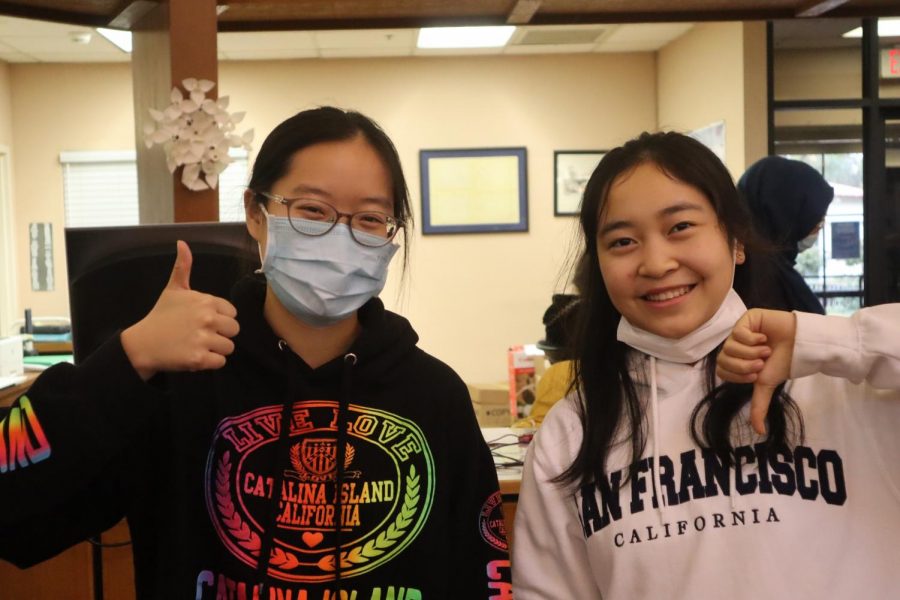



![Many Webb students spend their free time in the library watching a popular TV show like Riverdale and Euphoria. “Based off what I’ve seen, like in Euphoria, because the actors are older, they don't showcase an actual high school life properly,” Sochika Ndibe (‘26) said. “Since [the actors] are older [and] playing a teenager, from a girl’s perspective, it is going to make you think you should look more developed at a young age.” The actor, who plays Veronica Lodge, was 22 years old at the time of filming.](https://webbcanyonchronicle.com/wp-content/uploads/2025/03/Antecol-Media-affects-how-society-functions-graphic-1200x900.png)







